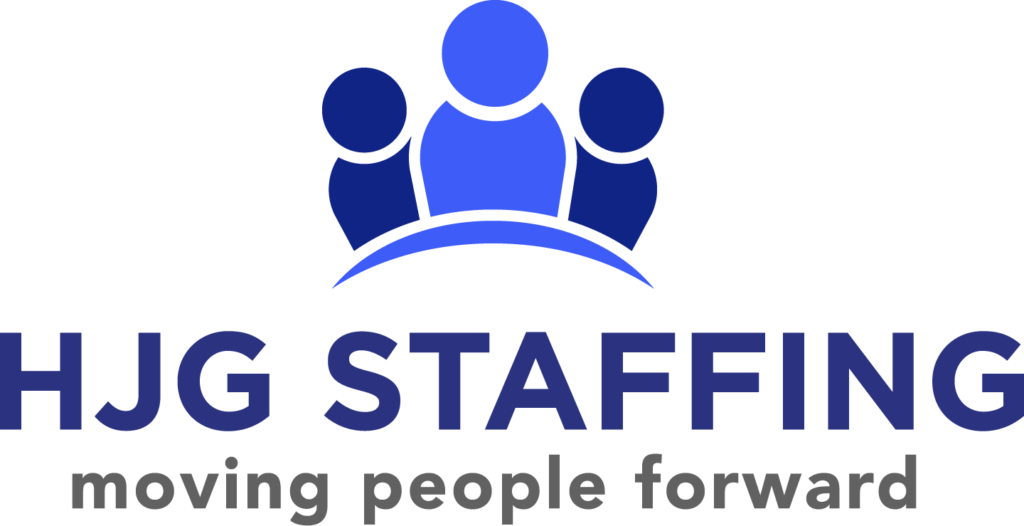Communication is a gift. It is the tool by which we express our wants, needs, feelings and ideas to one another. It is critical in any relationship, especially the relationship of a team. Cohesion of employees directly correlates to the success of your company or business. Most everyone expresses themself through some form of communication many times a day. However, effective communication can be the key difference between rough waters and smooth sailing.

How often do you find yourself in a conversation, drifting in thought or planning what to say next? This happens to the best of us. The bottom line isn’t necessarily that we don’t care or purposefully don’t want to listen, but perhaps our drifting thoughts are an unconscious escape from the present. Practicing presence during dialogue or any form of expression is essential in the listening process. It is natural for the mind to drift but practicing awareness of this will help shift your focus back to now. In order to hear or observe what someone is communicating, it is necessary to be fully present to receive the message. If you find yourself wanting to remember a point, contribution or anecdote, perhaps have a notebook or notepad where you can jot down your thought and then return to the moment. Ultimately, you must clearly receive a message first before you communicate in return.

The ultimate goal during communication is a clear understanding on both sides. In Don Miguel Luiz’s book, The Four Agreements, he speaks of clarity, saying, “Be Impeccable with your word. Speak with integrity. Say only what you mean.” If solutions and understanding are the destination point of effective communication, clarity is the bridge. To get from point A to point Z, a clear understanding of all parties is imperative. If you need a refresher of what someone said, or want an elaboration, simply ask. “Do you mind repeating X?” “Do you mind elaborating on Y?” This can take practice, but it opens the doors to respectful and clear dialogue and discourse. Communication also allows us to practice learning about one another. In a previous blog post, we talked about making the effort to learn coworkers’ personality/working types. This is effective, because knowing how your team members optimally function means you’ll learn how to best communicate with them. The way we talk to one another matters and promotes healthy boundaries. Perhaps a team member communicates most effectively by writing everything down first. Maybe another prefers bouncing off ideas in the moment. Some people are a combination of many things. Find the middle ground and you will find a balance of peace and openness.

Also, check-in with your team. While regular check-ins with your team may occur often, a one-on-one moment can mean a lot and offer affirmation. This encourages a regular channel of communication, simply by implementing the channel itself. If we can check in with one another from time to time in a genuine and open way, mutual understanding is one step closer. It can also contribute to authenticity. Typically, the more comfortable we are around others, the more we can express ourselves in a genuine and open way. Moreover, according to an article by Portland Community College, communication increases interest and engagement in the workplace. “With people feeling more confident in their work and in their understanding of what they need to do, they become more engaged with their work as a whole.” Mutual understanding and increased engagement are the outcome of respect.

Respect is a key component to healthy relationships. The truth is that you won’t like every single person you meet in life, and chances are, you may work with people you don’t enjoy. As long as these people are not a threat to your environment and wellbeing, it is still necessary to treat them with respect. While this seems like a no-brainer, it’s something to consciously keep in mind. Respecting someone doesn’t mean you like them or necessarily agree with them; it does mean fostering an atmosphere of common decency. Communication and respect are cyclical; one begets the other. The goal of open communication is to ultimately create respect and understanding. Respect and understanding are achieved through effective communication, a formula where one cannot exist without the other.

An article by Deakinco. puts it this way: “Effective communication is the most important part of teamwork and involves consistently updating each person and never assuming that everyone has the same information.” A team cannot succeed unless everybody knows the play (think of soccer players passing to one another effortlessly, appearing in the right spot at the perfect moment). To the common eye, it seems like magic. In reality, it’s the art of practice, repeating something over and over to get the best result. It’s not necessarily about more communication, it’s about better communication. And the way to succeed is by practicing often.



